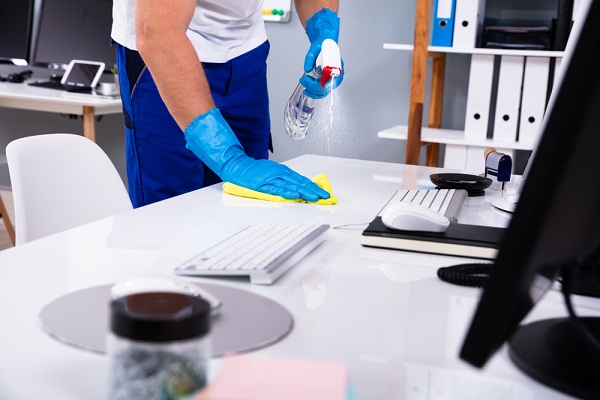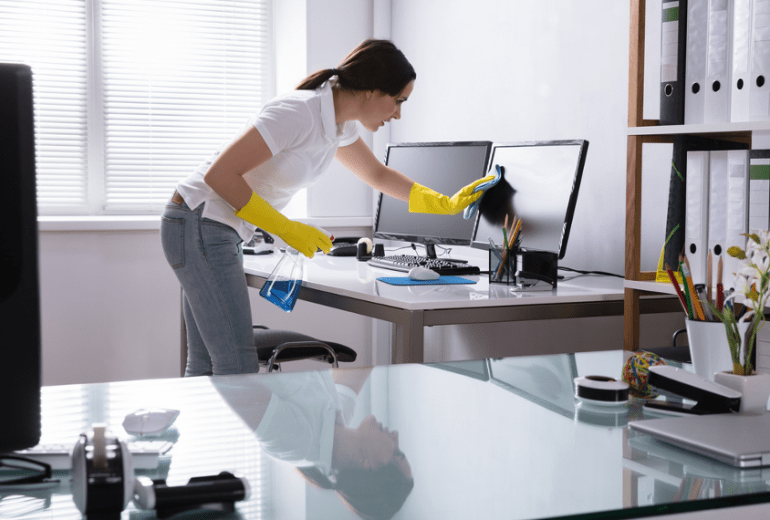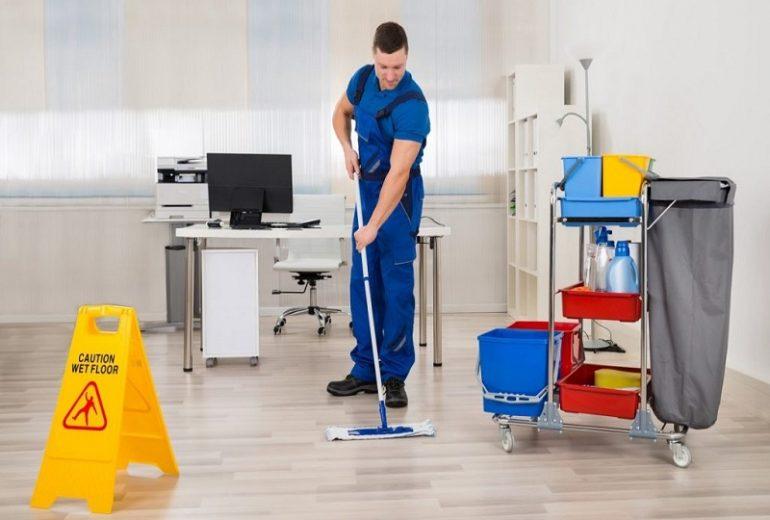Latest posts
Popular Posts
Some tips for office cleaning and its checklist
Things to consider when moving house

How do you keep your workplace clean during the new Coronavirus?
The rapid increase in coronavirus cases has impacted the entire world, and business owners and employees are more concerned about how to take preventive measures to stop the spread of the virus in the workplace. Essentially, the new coronavirus is a serious respiratory illness that spreads through coughing or sneezing, touching objects and surfaces with contaminated hands, and touching your face and nose after handling contaminated items.
Keeping the workplace clean and disinfected can prevent the spread of infectious diseases. To limit exposure to the coronavirus pandemic, commonly known as COVID-19, you must follow the important steps that can help prevent the spread of flu, cough, and other harmful viruses.
Hire a Professional Cleaning Company:
First and foremost, you need to acquire services from a professional cleaning company that can provide specialized office cleaning services to eliminate all germs and bacteria. A good cleaning company has modern supplies and equipment to remove all dust, gloom, mold, and pathogens. Furthermore, reputable cleaning services also use EPA-approved disinfectants to kill the virus.
Knowledgeable and well-trained cleaners are skilled at cleaning every nook and corner of your workplace. They use the latest methods and techniques to make your office spotless, well-cleaned, and pathogen-free.
Wash Your Hands Frequently:
It is recommended to emphasize hand hygiene, especially during flu season. Since this global pandemic spreads through touching objects with contaminated hands, it is important to wash your hands frequently. Keeping your hands clean is one of the most important steps in preventing the spread of viruses. Doctors strongly recommend washing hands with soap and water for at least 20 seconds. HR staff can print and post fact sheets to help remind employees when to wash their hands. This fact sheet should include the following important points:
- After using the restroom
- Before and after cooking
- Before eating meals
- After coughing or sneezing
- After touching pets or other animals
- After touching objects and surfaces
- After caring for someone who is sick
- After taking out the trash
It is recommended that employees use alcohol-based hand sanitizers. Working staff can keep hand sanitizers in their bags so they can use them outdoors when soap and water are not available. If hand sanitizers are not available due to a shortage in the market, however, use water and soap.
Alcohol-based sanitizer usually contains 60-95 percent alcohol, but washing hands with soap and water is preferred, especially if hands are visibly dirty.
Employers should provide soap and alcohol-based sanitizers at the workplace and ensure sufficient supplies are maintained. Placing hand sanitizers in multiple locations will encourage staff to maintain hand hygiene. Additionally, organizations should provide tissues and touch-free trash bins.
Practice Coughing and Sneezing Etiquette:
So the question arises, how does this deadly virus spread? Normally, people test positive for COVID-19 through respiratory secretions, such as when coughing and sneezing. Not only that, but there is much more to know about the severity, transmissibility, and other factors associated with this global pandemic. Droplets from coughs, sneezes, and blood on surfaces can contaminate your workplace, resulting in the spread of infectious diseases, including COVID-19.
Recent research has shown that the recent outbreak of the new coronavirus has spread through close contact with infected individuals. The best time to practice good hygiene habits is when you feel sick, especially during sneezing and coughing.
To help limit the spread of the virus, it is advisable to:
- Do not cough or sneeze into your hands.
- Cover your mouth and nose with a tissue when coughing or sneezing.
- After using the tissue, dispose of it in the trash.
- Wear a protective mask in the workplace.
Keep Your Workspace Clean and Germ-Free:
The HR department should ensure that all employees in the organization regularly clean all objects and surfaces that are frequently touched, such as smartphones, keys, mice, keyboards, headphones, remote controls, desks, doorknobs, and countertops.
Research has also shown that coronavirus bacteria are easiest to kill if appropriate disinfectants are used. The EPA has stated that new viral pathogens are less common and less predictable than established pathogens, so few EPA-registered disinfectant products label use against them. However, reliable products may not have a label guarantee to eliminate coronavirus bacteria.
EPA-approved disinfectants should be used to clean desks, doorknobs, and countertops, and instructions on the label should be followed. Companies should also provide disposable wipes so employees can easily wipe down common surfaces.
In conclusion, it is suggested to avoid contact with people who are sick. Keep your workspaces clean and disinfected, and wash your hands frequently with soap. If you are sick, try to distance yourself from others so that you do not spread your germs to a healthy person.


